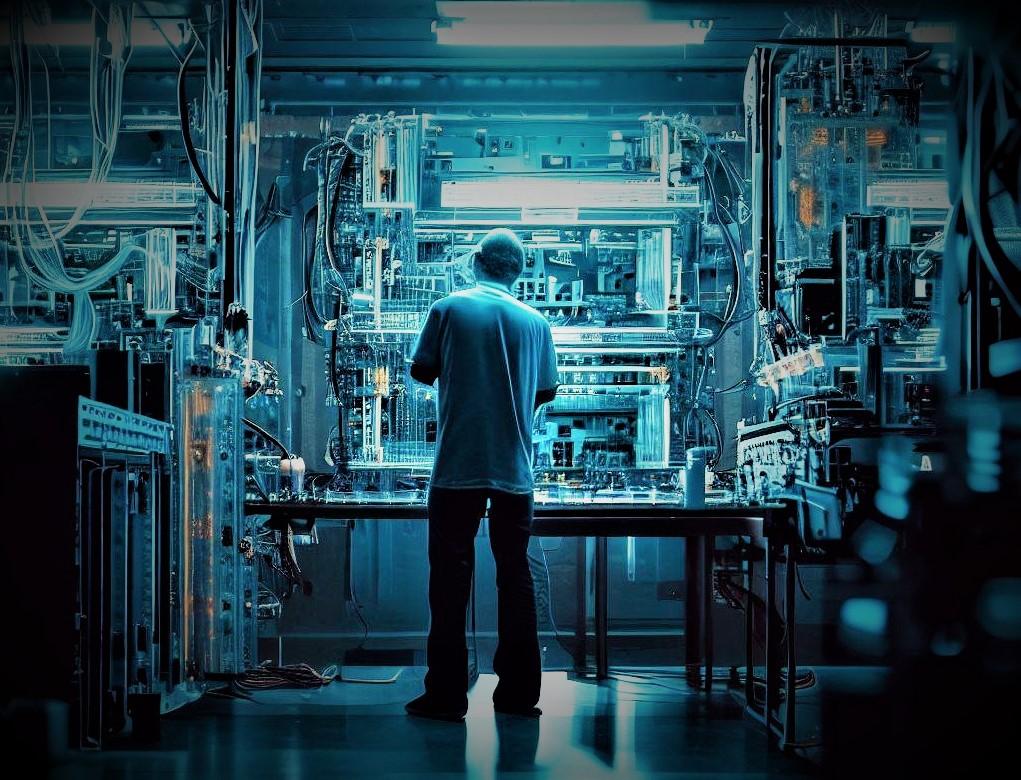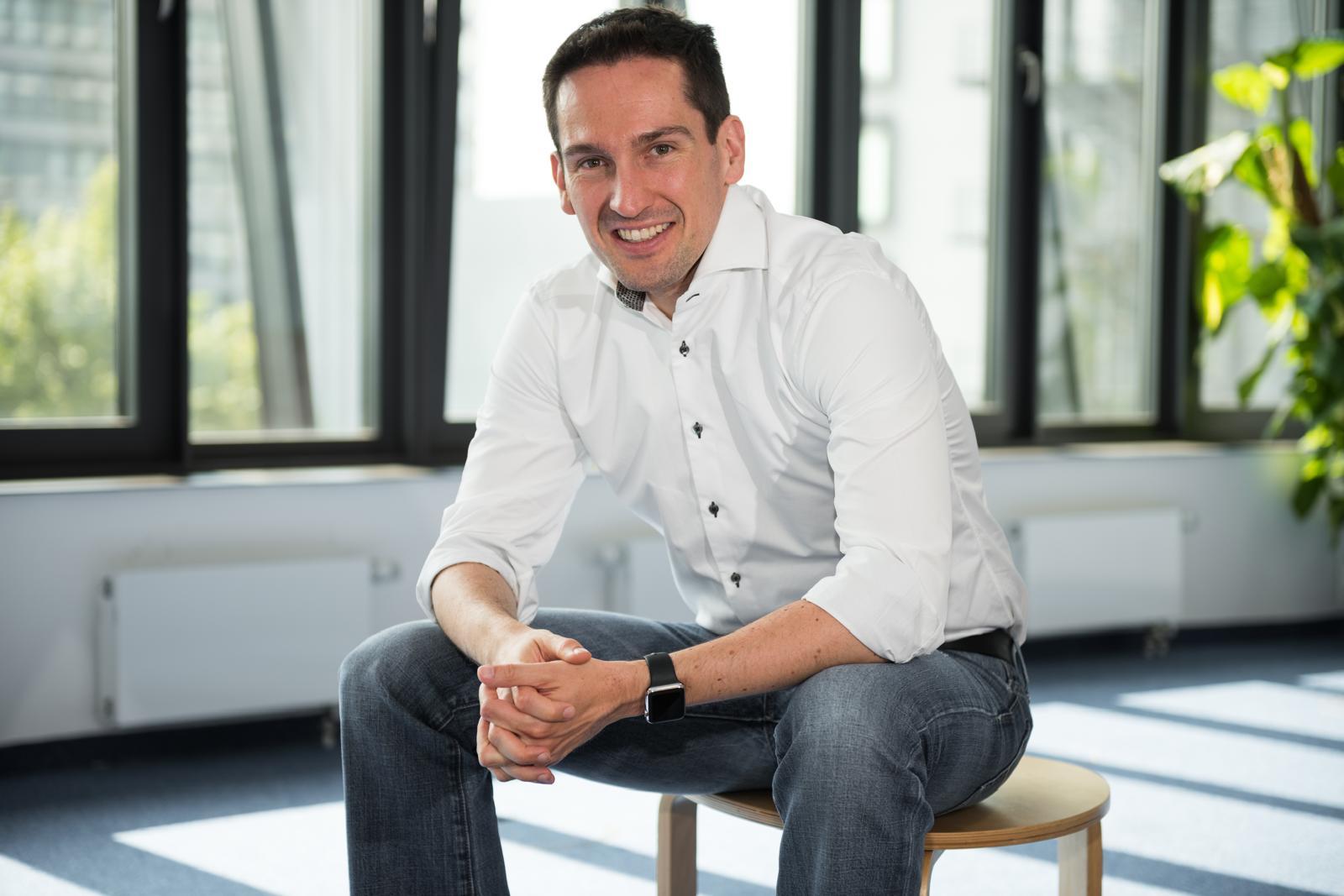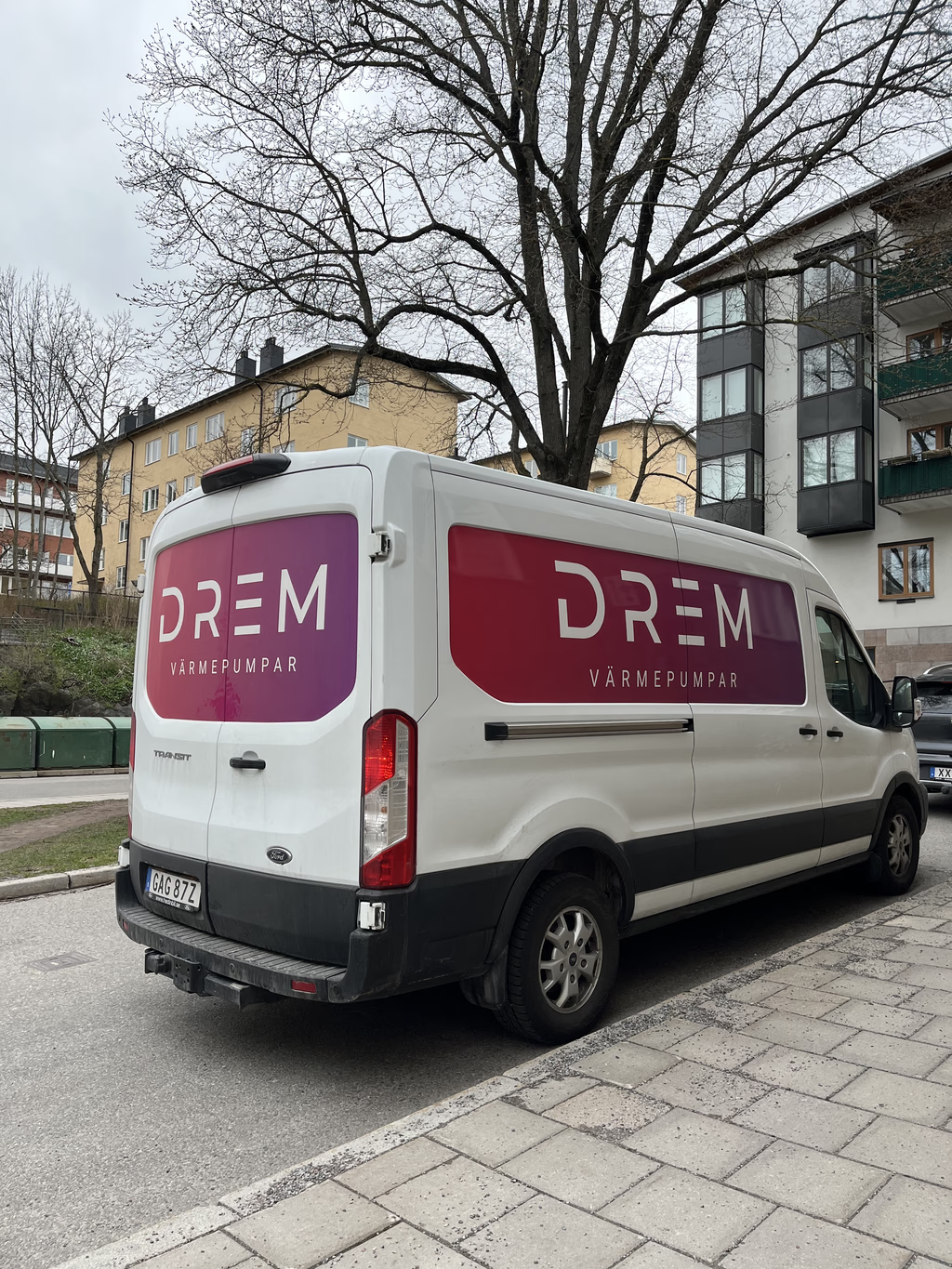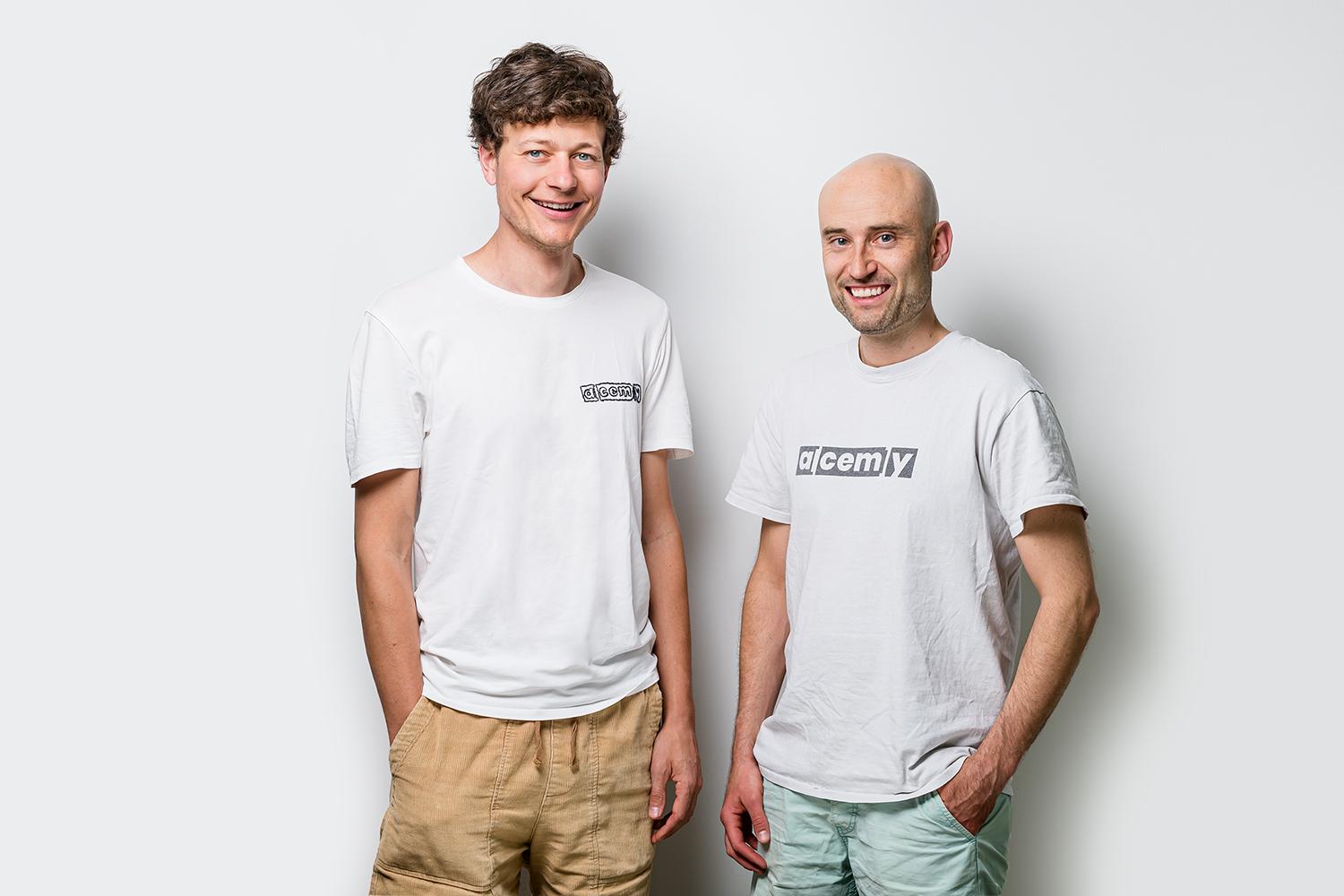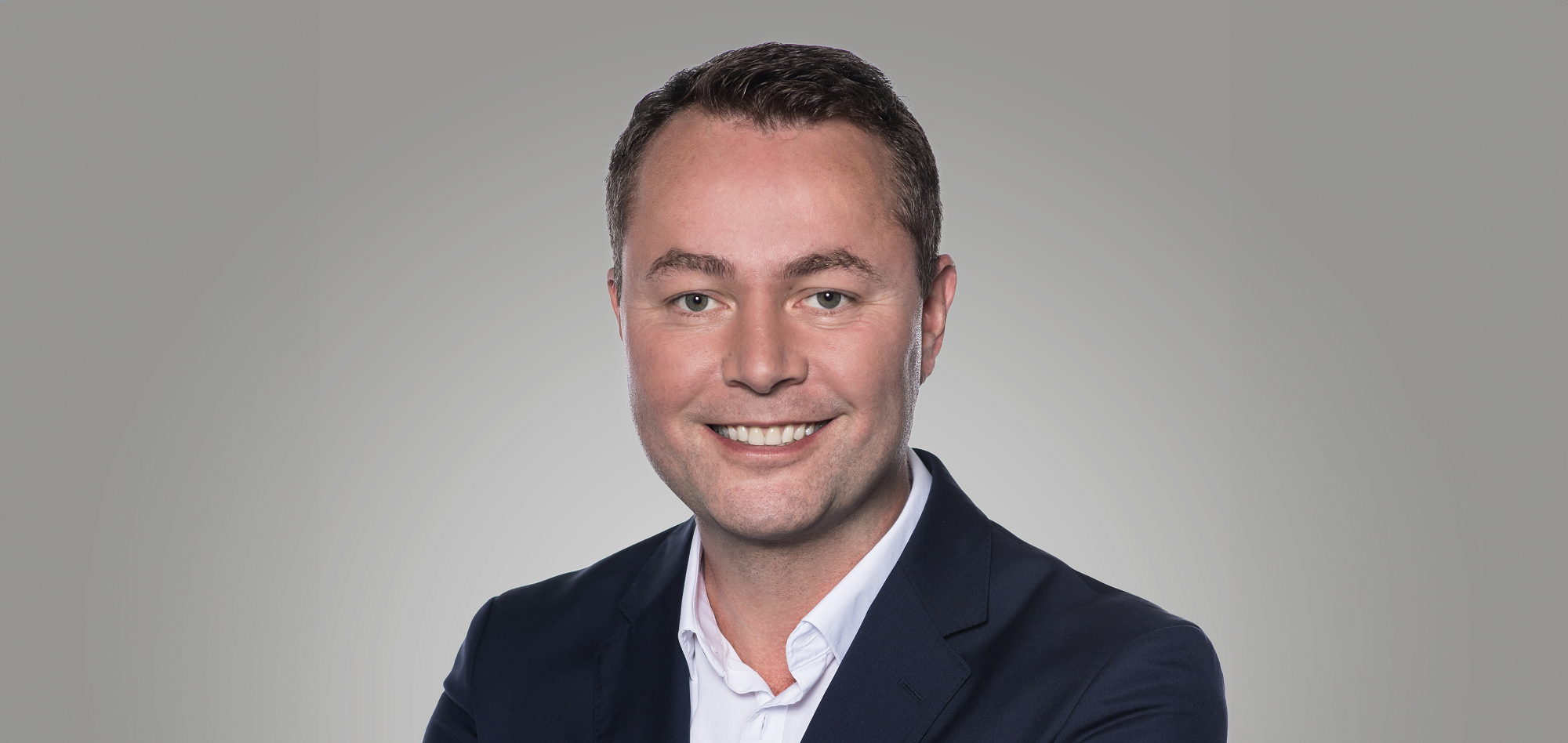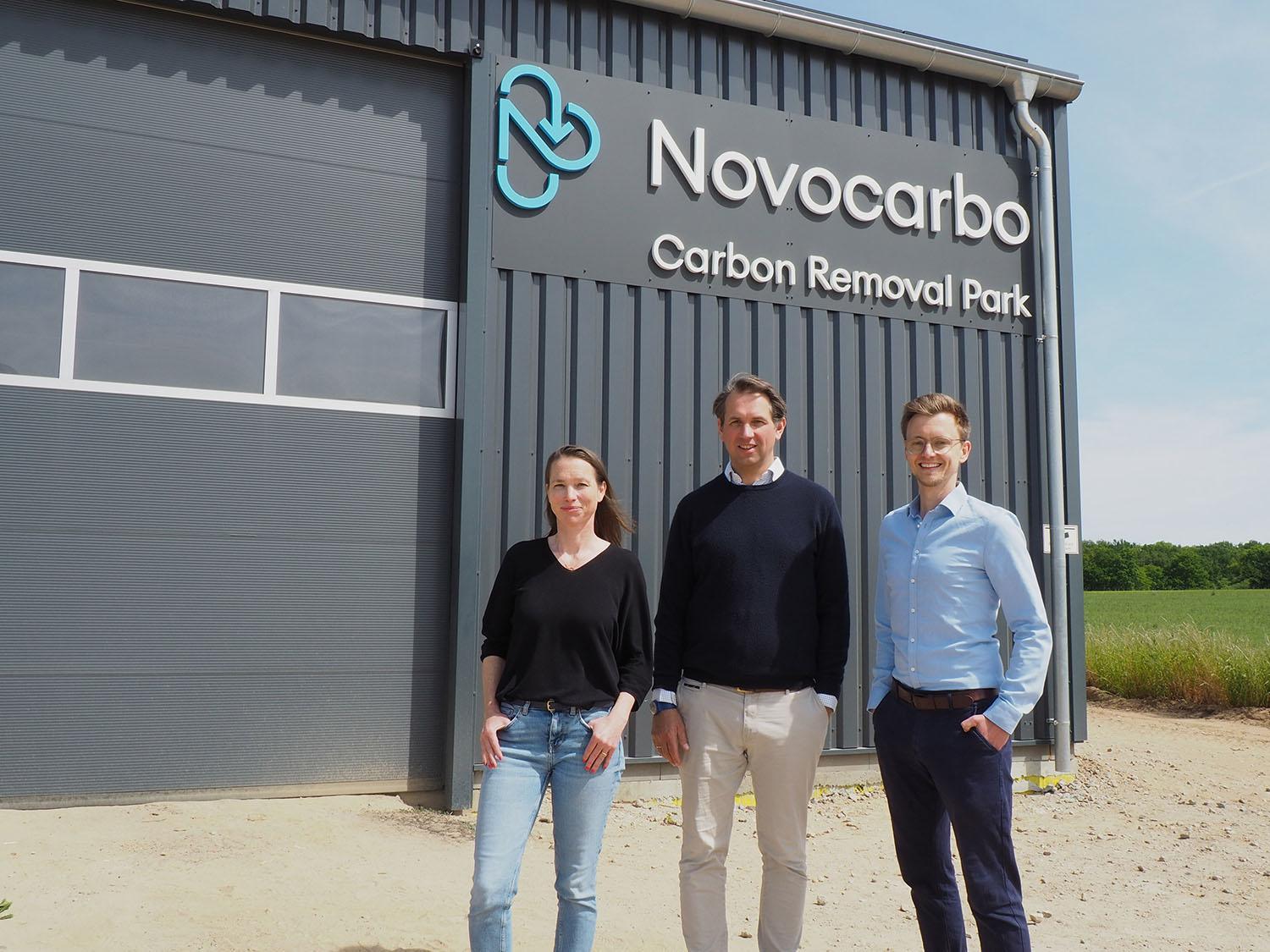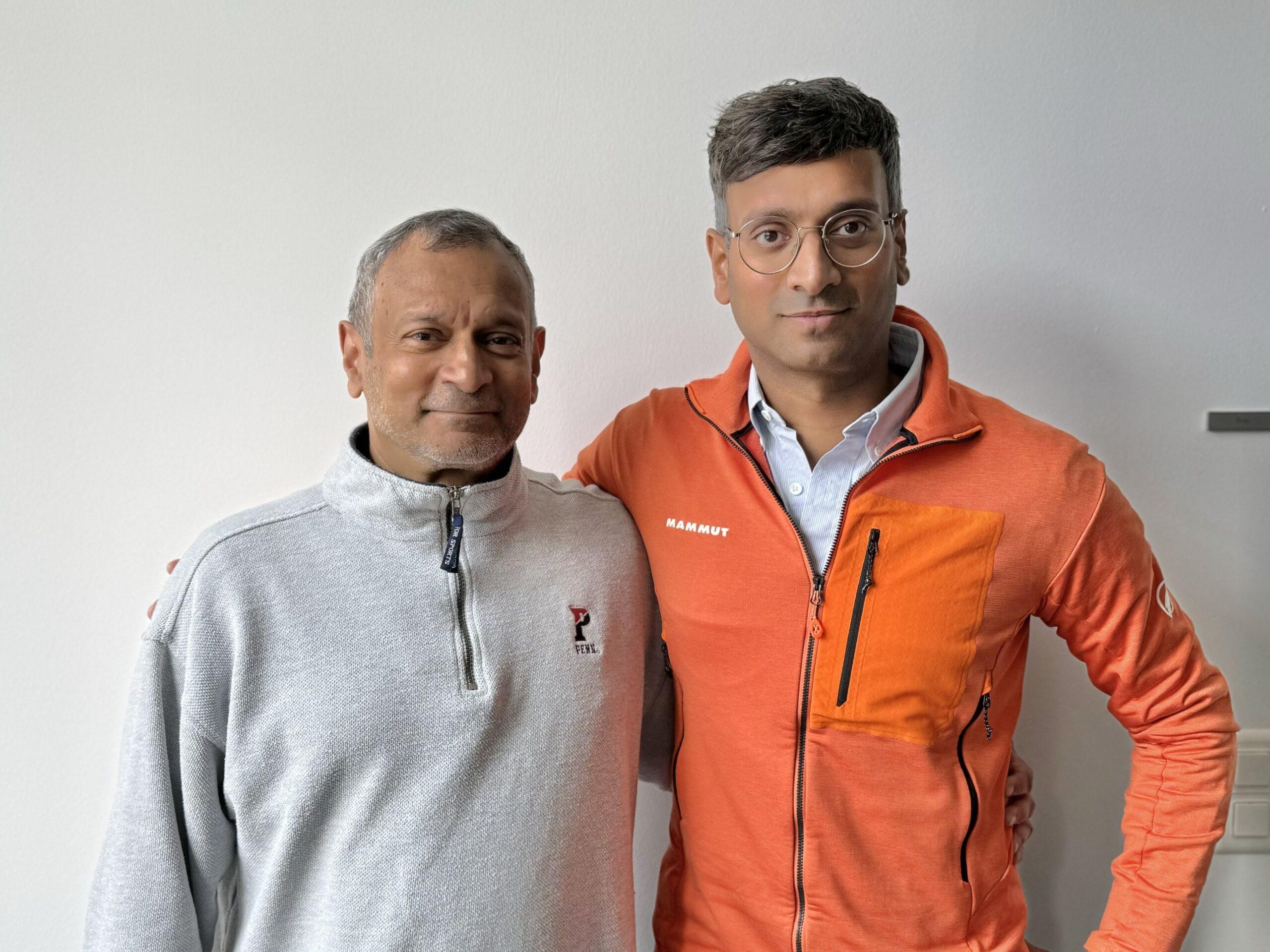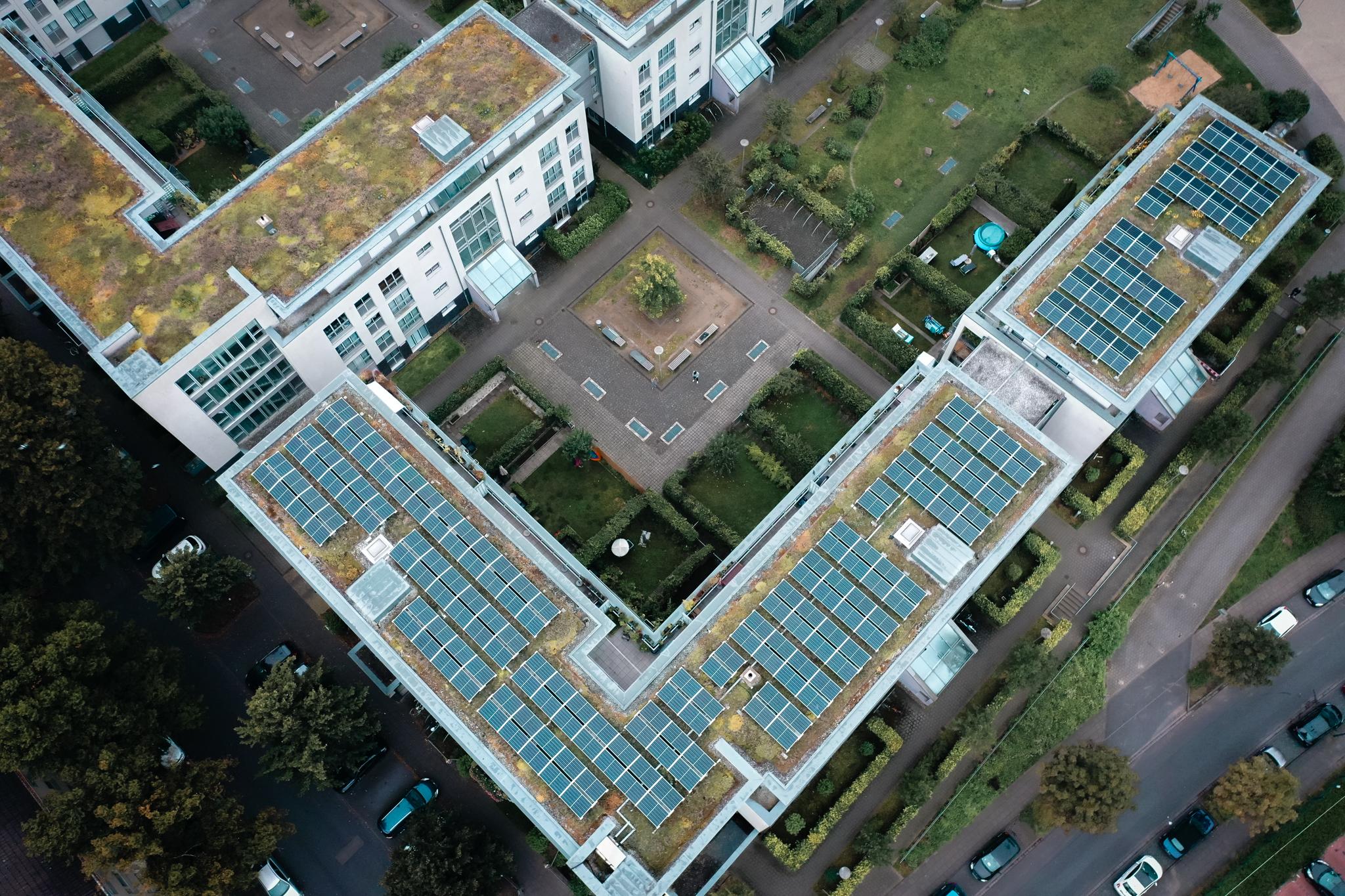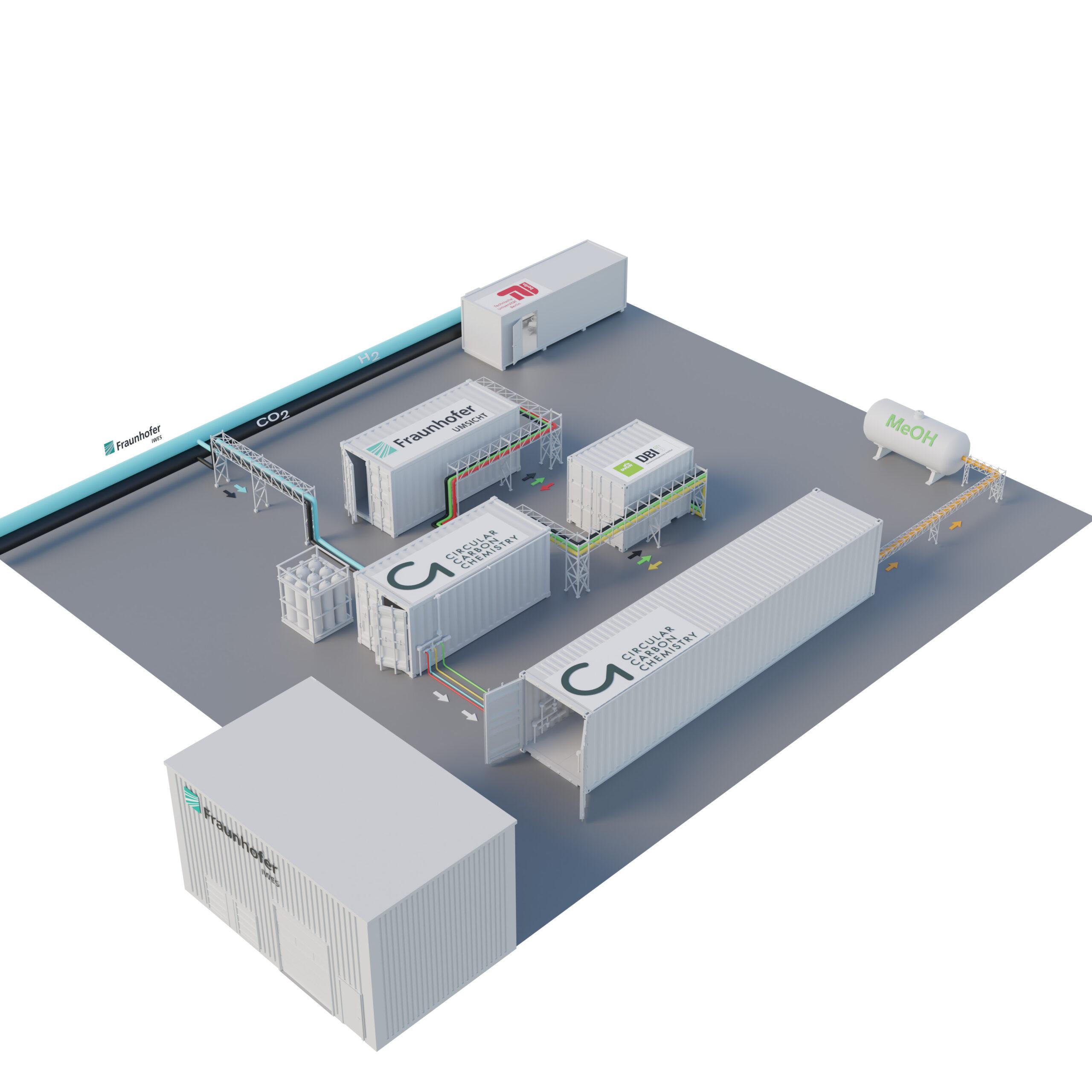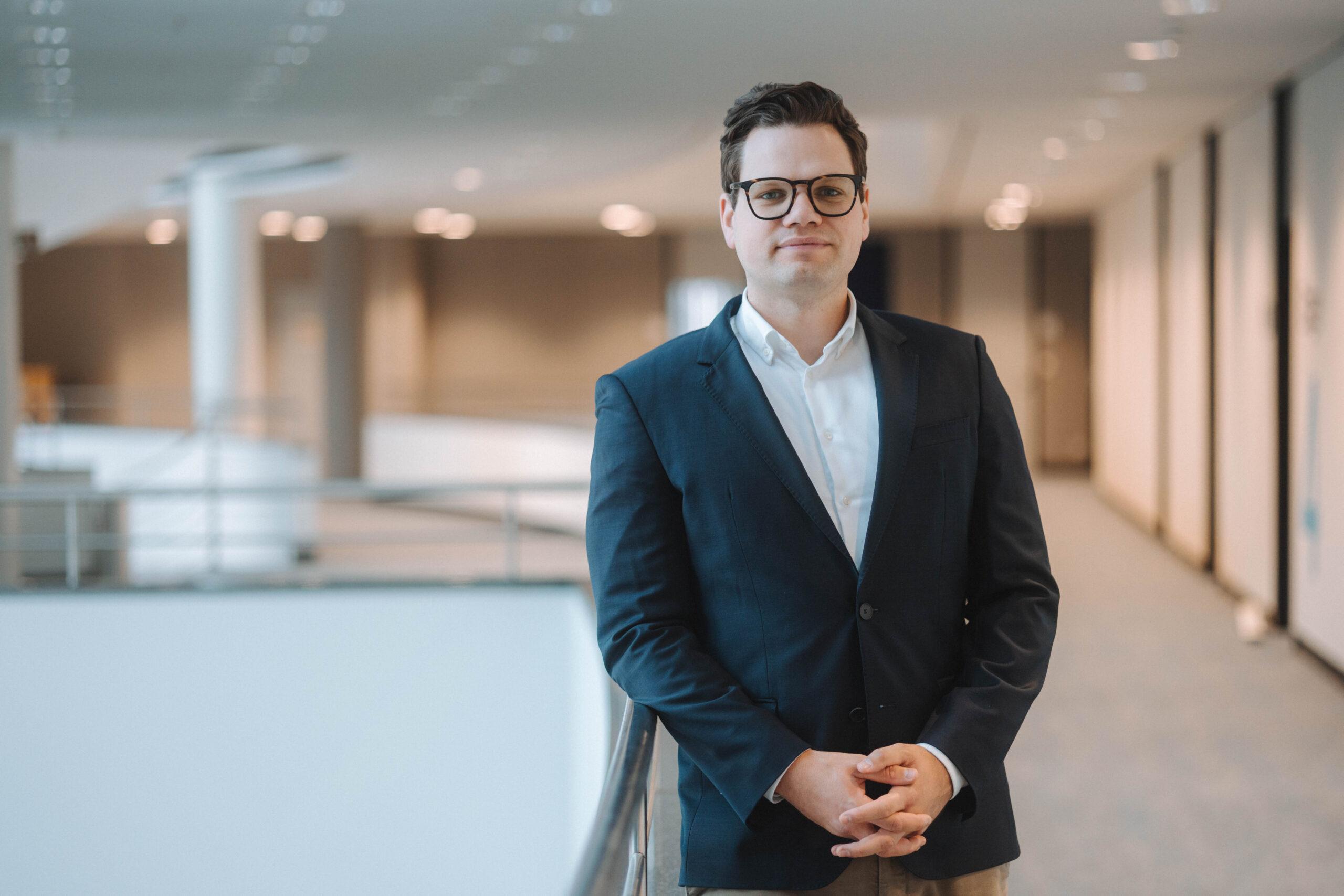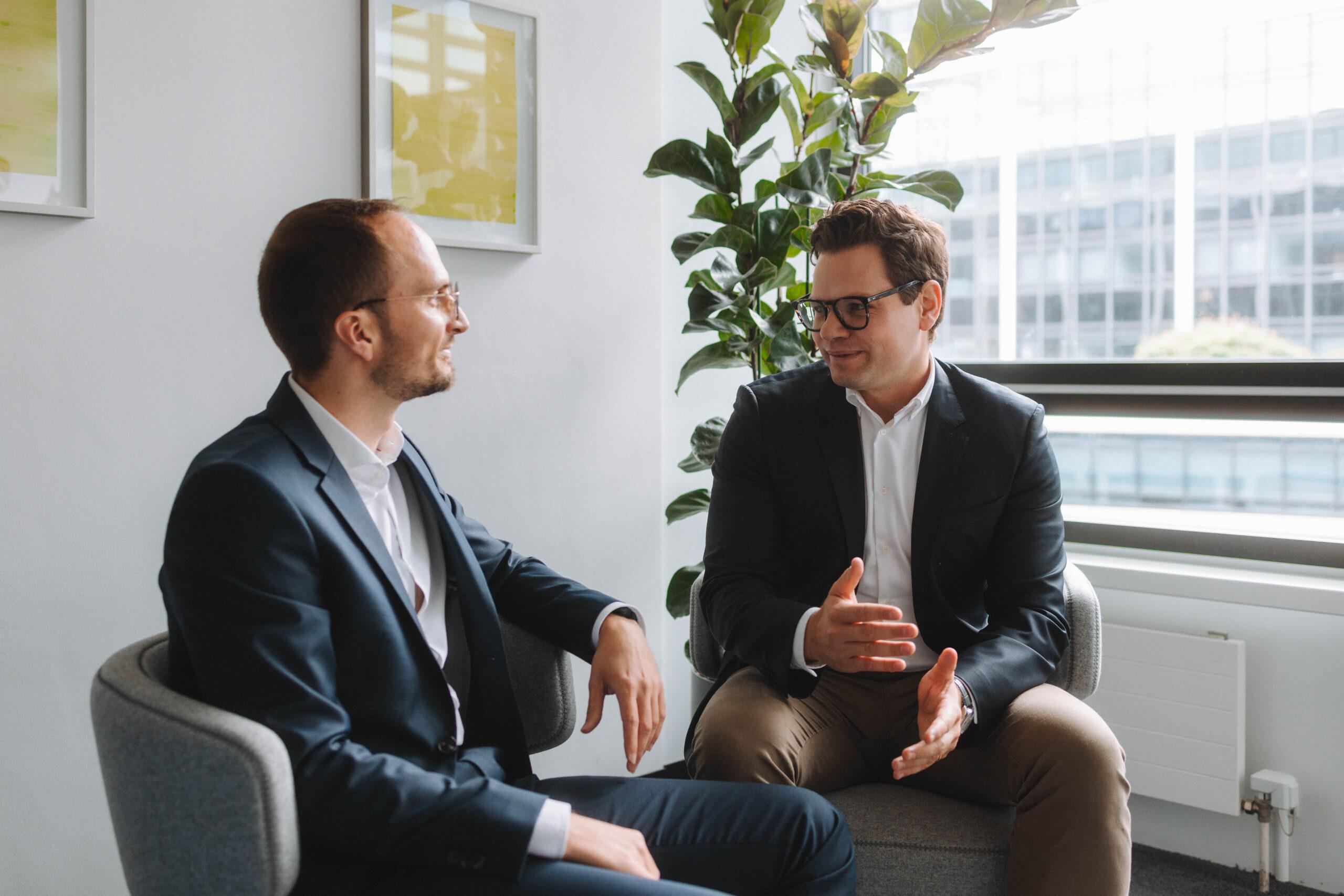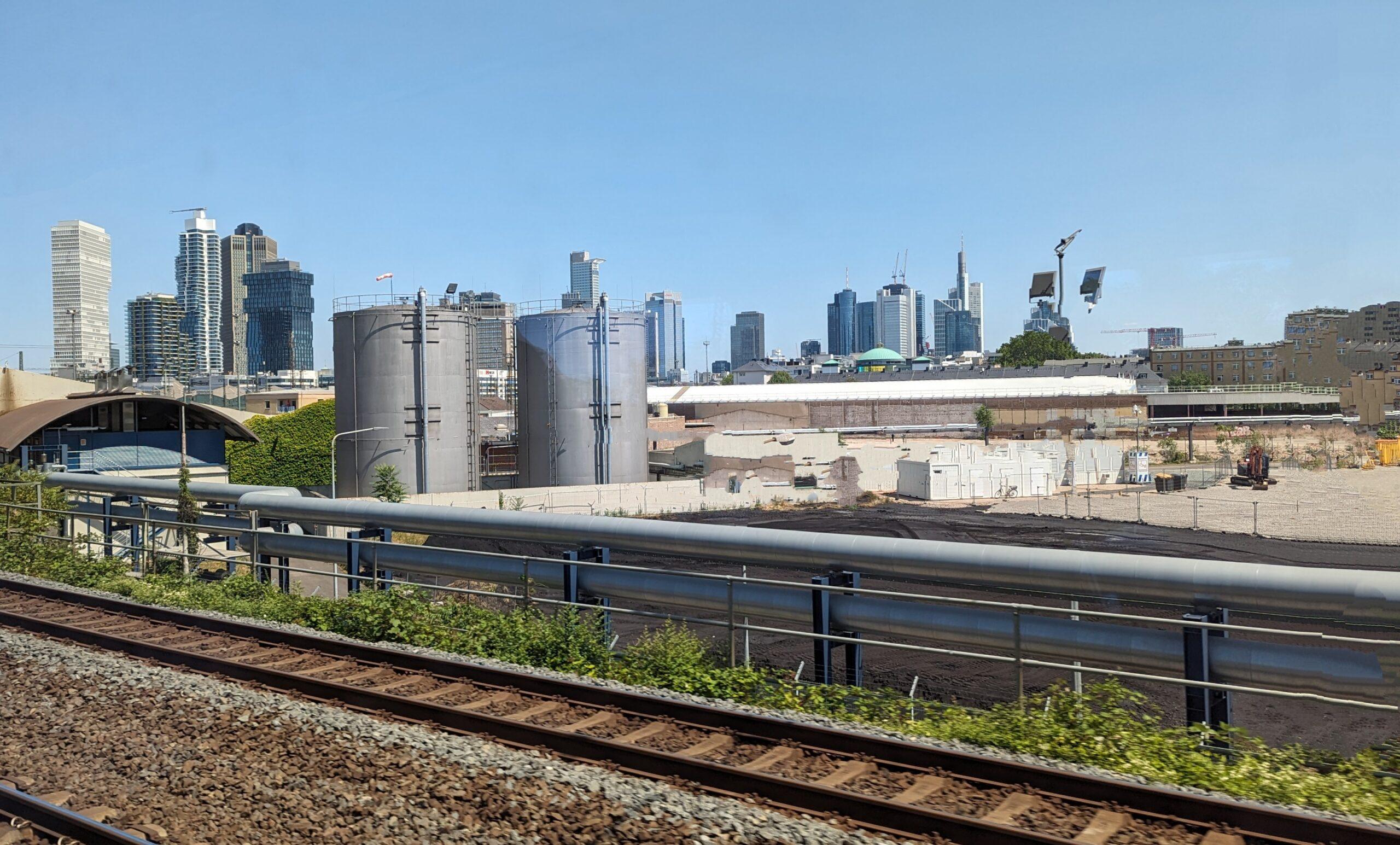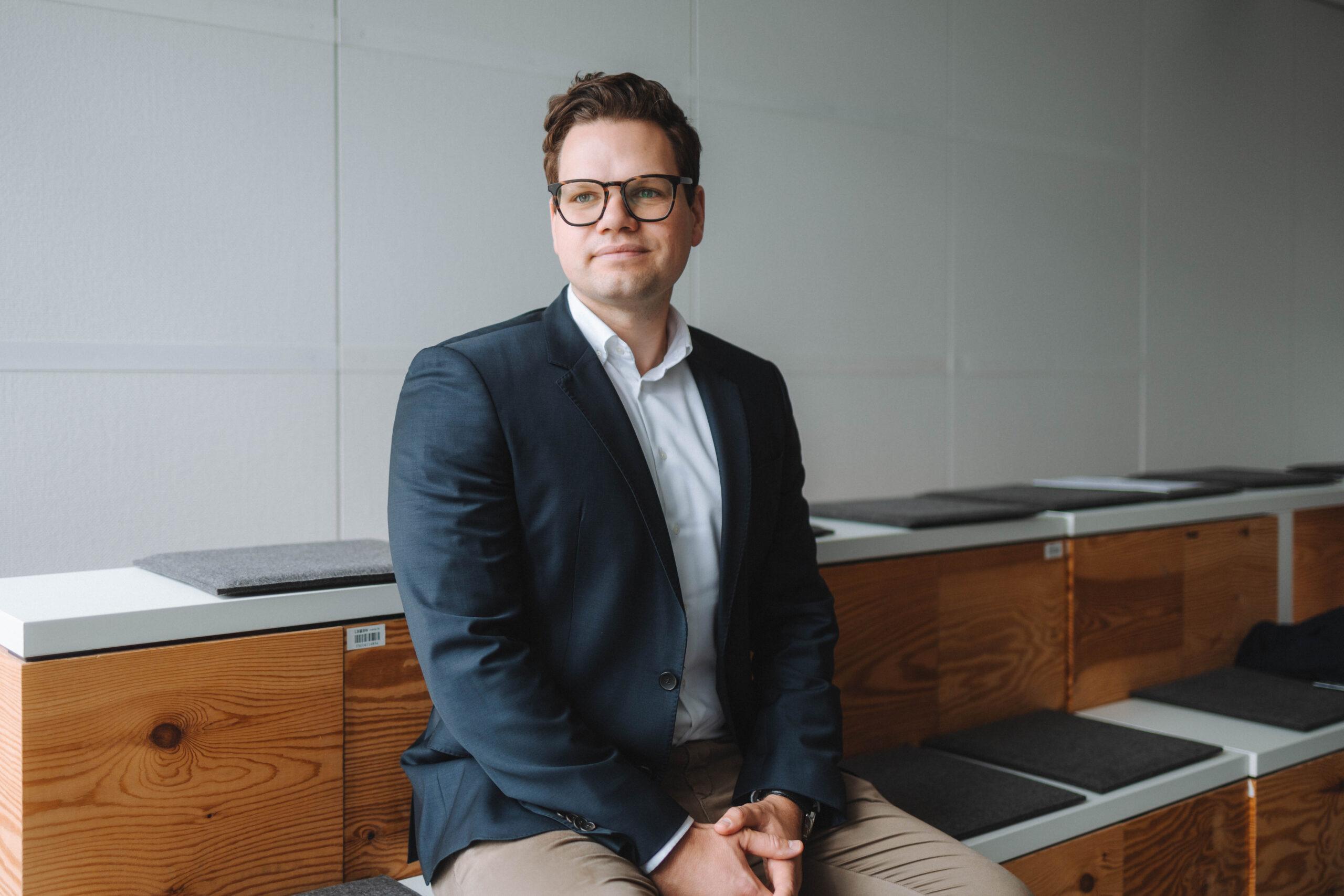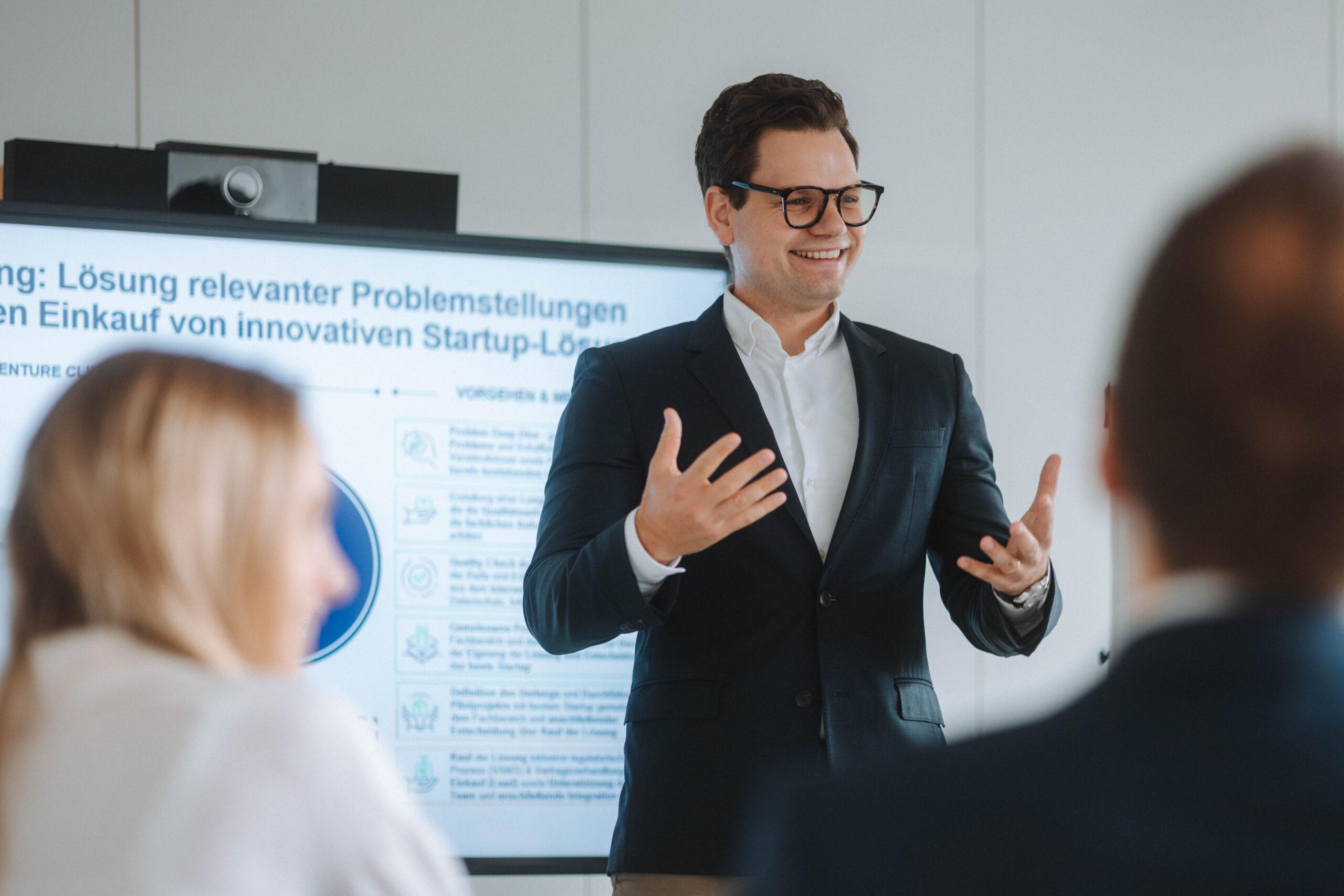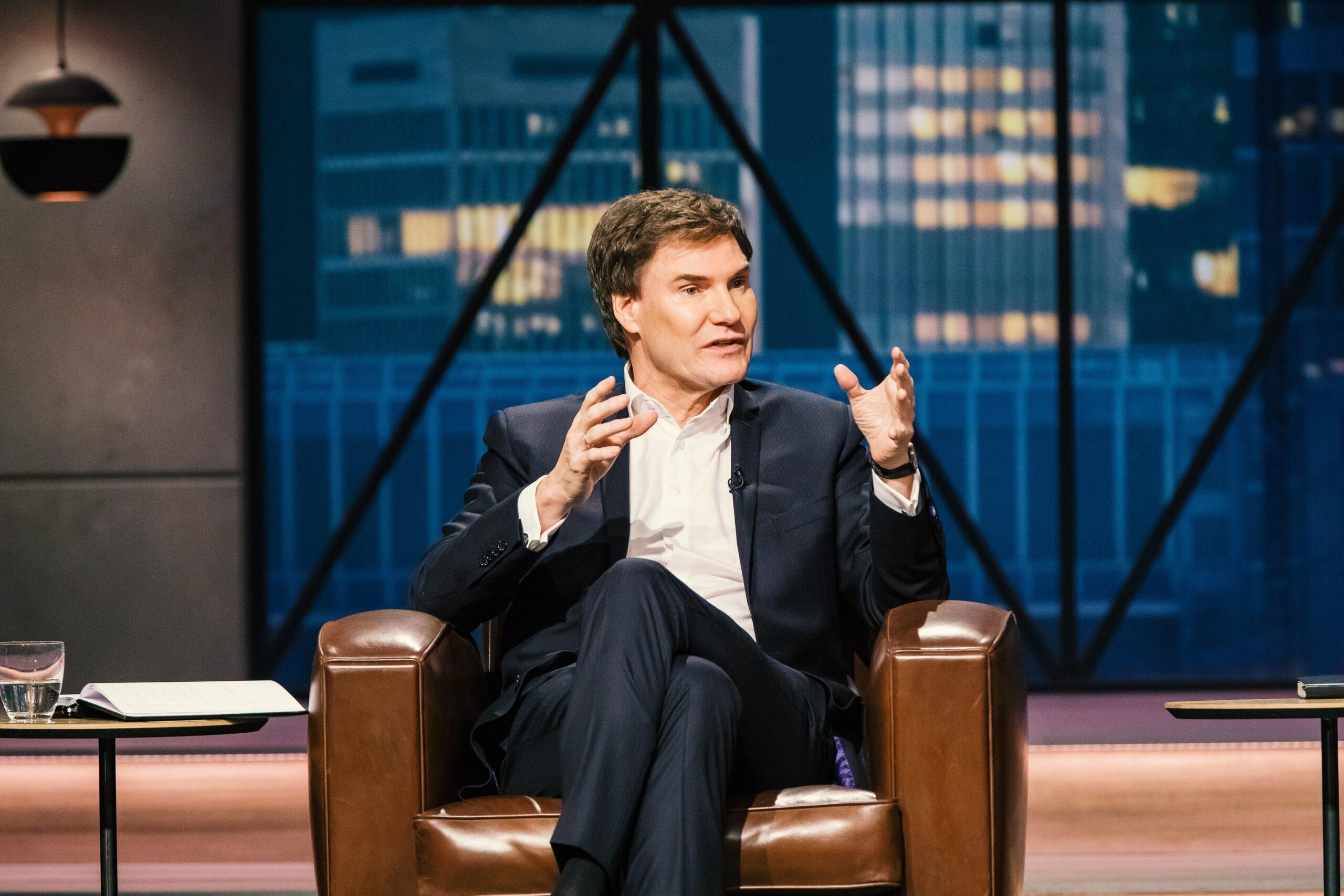Focus on food waste: climate relevance and innovative solutions from start-ups and scale-ups

The guest article by greentech expert Hellen Hohoff emphasizes the climate relevance of the food sector, which is responsible for 8-10% of greenhouse gas emissions. Innovative start-ups are combating food waste and helping to redistribute surpluses in the supply chain.
When striving for climate protection targets, the focus is often rightly on the energy sector, as the intensified use of renewable energy sources and smart solutions is essential for achieving the targets. However, the significant contribution of the food sector to CO2 emissions is often underestimated or even overlooked. Yet the food sector can be a huge lever:
Numerous organizations, such as the Intergovernmental Panel on Climate Change (IPCC) and the UN Food and Agriculture Organization (FAO), state that surplus food is responsible for significant emissions globally. More precisely: for eight to ten percent of anthropogenic greenhouse gases. To illustrate this: if food waste were considered a state, it would be the third largest emitter worldwide with 4.4 billion tons of CO2 equivalents.
The impact of food handling goes beyond the CO2 footprint. Resources such as water and edible food are wasted, soils are overloaded and transportation routes cause high CO2 footprints. In addition, food handling has a direct impact on global food security, as perfectly edible food ends up in the trash instead of being used where it is urgently needed.
The role of innovative start-ups
While every individual can make a contribution through conscious consumption, there are innovative solutions from start-ups that tackle the huge lever of food waste. Saving food that is still edible involves many aspects: Losses can occur at various stages of the production process and places in the food supply chain. Be it during the initial harvest phase, during shipping, in the processing industry or at distributors. Each of the start-ups listed below has taken a different, smart approach to tackling the challenges in the food sector and thus preventing food waste and the emission of unnecessary CO2 equivalents.
In addition, companies that want to reduce their carbon footprint and save costs can benefit from working with such digital start-ups. Partnerships with these companies can not only help to reduce food waste in their own company, but also meet the requirements with regard to Scope 3 emissions. Such partnerships can also make a positive contribution to the company's CSR (Corporate Social Responsibility) reporting and highlight its commitment to sustainability.
Surplus food for end consumers
If there is food left over at the end of the day in retail and gastronomy, both companies and consumers can benefit from the Too Good To Go mobile app. Too Good To Go enables consumers to purchase surplus food from businesses such as supermarkets, cafés, restaurants and bakeries in the form of "surprise bags" at greatly reduced prices. On the other hand, companies can use the app to save their surplus products from being thrown away. In 2022, the app saved almost 79 million meals worldwide.
The start-up for the food service industry
Choco is dedicated to the digitalization and networking of the food industry. The company's aim is to enable restaurateurs to procure food more efficiently and sustainably. With their innovative app, restaurants can order directly from their existing suppliers, simplifying ordering processes, avoiding inefficiencies and reducing food waste. The Choco software is used by foodservice operators and wholesalers across Europe and the US. Choco strengthens existing relationships between restaurateurs, wholesalers and suppliers. The company is convinced that economic success is directly linked to a positive contribution to society and the environment.
Sophisticated planning for food producers
Founded in 2021, the start-up PlanerAI has set itself the task of reducing food waste through the use of artificial intelligence. The AI-based planning platform supports food producers in precise quantity planning. With the help of this technology, manufacturers can predict what quantities will be needed in food retail in the coming days, allowing them to save costs, resources and time. A specialized tool called BäckerAI has already been developed to help bakeries accurately calculate their daily needs for baked goods and thus avoid overproduction. More specifically, the use of BäckerAI has optimized over 10 million orders across Germany, reducing more than 278 tons of food waste.
Surplus food becomes products
RETTERGUT is a company that is committed to combating food waste by transforming rescued food into tasty, vegetarian and shelf-stable products such as soups, spreads and pestos. The food used for these products is often wasted due to aesthetic shortcomings, overproduction or planning errors. Depending on the particular harvest or complicated processes in the food industry, the amount of rescued products in some items may vary or the exact composition of certain products may occasionally change. Since 2019, RETTERGUT has processed over 300 tons of food into high-quality products.
A systemic approach to redistributing high tonnages of surplus in the supply chain
And then there is SPRK.global, the spider in the web that works with all food stakeholders in the supply chain. The Berlin-based start-up redistributes surplus food at the beginning and middle of the supply chain in particular, as this is where 60 percent of the sector's surpluses are generated. It uses a specially created B2B trading platform that increasingly uses artificial intelligence to bring together suppliers such as farmers, food producers, wholesalers and retailers with purchasing partners such as restaurateurs, canteens, the food processing industry and NGOs. The aim is to create a comprehensive ecosystem that makes the global food supply chain more efficient. Anyone who needs goods spontaneously, has made a mistake in their quantity planning, wants to produce sustainable circular products or has food to give away can report their need or demand to SPRK and thus monetize and systematically redistribute food surpluses or purchase them at a discount. In this way, all partners work together to protect resources and the climate. What's more, the approach is not only B2B but also B2C, including a partnership with Too Good To Go as a SPRK partner on the B2C side, so that surplus food can also end up in surprise bags for end consumers and be purchased at low prices. To date, SPRK has already redistributed around 4,000 tons of food. The importance of a globally efficient food supply chain cannot be emphasized enough. By reducing unnecessary waste, not only can resources and water be saved, but significant amounts of greenhouse gases can be avoided and food can end up where it is needed instead of producing new food. Innovative start-ups such as those listed above are at the forefront of making this vision a reality and are playing a crucial role in the fight against the climate and food crisis.
Hellen Hohoff is a renowned greentech expert specializing in environmental protection and sustainability. With her in-depth expertise and passion for innovative solutions, she actively contributes to tackling global environmental impacts.
Note: It should be noted that the content presented in the text reflects only the opinion and perspective of the author and does not represent a statement about the attitude of Startbase.

Newsletter
Startups, stories and stats from the German startup ecosystem straight to your inbox. Subscribe with 2 clicks. Noice.
LinkedIn ConnectFYI: English edition available
Hello my friend, have you been stranded on the German edition of Startbase? At least your browser tells us, that you do not speak German - so maybe you would like to switch to the English edition instead?
FYI: Deutsche Edition verfügbar
Hallo mein Freund, du befindest dich auf der Englischen Edition der Startbase und laut deinem Browser sprichst du eigentlich auch Deutsch. Magst du die Sprache wechseln?




